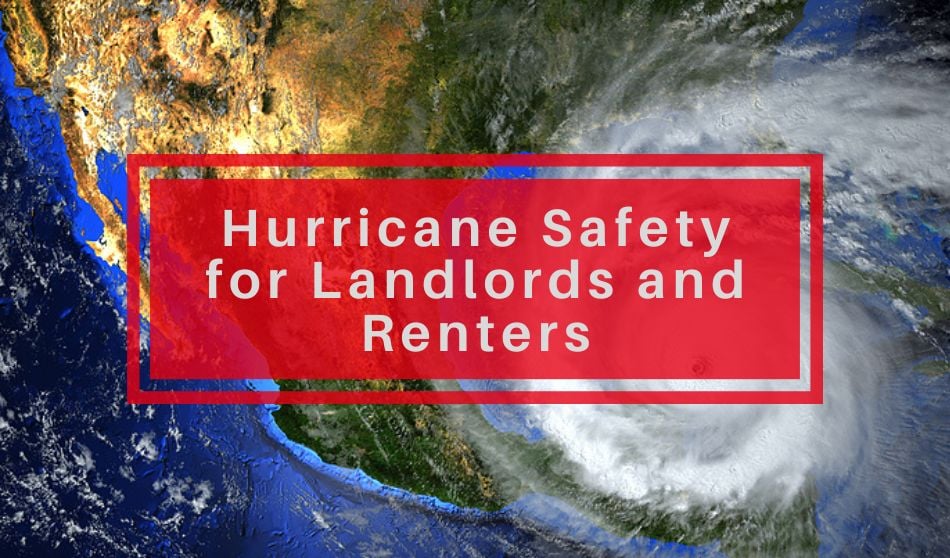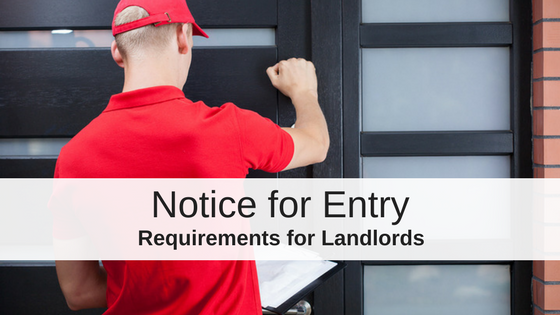
With hurricane season here, what can landlords and property managers do to protect tenants and properties in the future? These tips can help landlords and managers understand some essential and basic steps to take if a hurricane is approaching your rental property.
Current updates about Hurricane Helene following the record-breaking Hurricane Milton are an important reminder that hurricane season is upon us.
Property managers and landlords in hurricane zones have the added responsibility of ensuring the safety of their tenants and properties.
While it is not necessarily a landlord’s job to hold their renters’ hands through every scary situation, ensuring that your tenants are prepared for a hurricane will also ensure that steps were taken to protect the property you manage or own.
With a storm approaching, it is time to reach out to your renters to remind them of certain hurricane preparedness measures. While you might be an expert on how to deal with hurricanes, or any other natural disaster common in the area, your tenants might not have the same experience.
Additionally, renters will be looking to management for updates on lost power, water, and other utilities. And you will play a vital in helping your tenants assess any property damage.
Here are some basic steps to take when you are a property manager or a landlord and a hurricane is approaching your rental properties.
Check-in with Your Tenants
A phone call, text or email with a simple message that says, “Just wanted to check in. Stay safe in the storm and let me know if you need anything.” is a great start.
Prepare Your Properties
Remind your tenants of regular procedures for hurricane preparedness to protect the property.
- Secure outside fixtures or bring them indoors (grills, patio furniture, potted plants)
- Remove window AC units
- Install hurricane shutters if necessary
- Clear gutters and storm drains to ensure they are working properly
Prepare Your Tenants
Remind your tenants that water, utilities, and power may be impacted or shut off as a result of the storm and that they may have to stay indoors without access to food or other resources for a few days. Direct your renters to follow the National Hurricane Center’s emergency preparedness guidelines.
The National Hurricane Center emphasizes that the two keys to weather safety are to prepare for the risks and to act on those preparations when alerted by emergency officials. These are essential pieces to the Weather-Ready Nation.
- Create an emergency kit with essential supplies you would need for a minimum of 72 hours after a disaster.
- Back up all computer files on a cloud-based network storage solution.
- Take pictures of your home, including high-value assets, and workspace before any impacts.
- Review your emergency plan with your family and friends about how to contact each other and where to reconnect should disaster strike when you are not together
Basic Disaster Supplies Kit (provided by Ready.Gov)
Share with your tenants that a basic emergency supply kit should include the following recommended items:
- Water: one gallon of water per person per day for at least three days, for drinking and sanitation
- Food, at least a three-day supply of non-perishable food
- Battery-powered or hand-crank radio and a NOAA Weather Radio with tone alert and extra batteries for both
- Flashlight and extra batteries
- First aid kit
- Whistle to signal for help
- Dust mask to help filter contaminated air and plastic sheeting and duct tape to shelter-in-place
- Moist towelettes, garbage bags and plastic ties for personal sanitation
- Wrench or pliers to turn off utilities
- Manual can opener for food
- Local maps
- Cell phone with chargers, inverter or solar charger
Additionally, FEMA recommends that everyone gather important documents such as copies of insurance policies, identification, and bank account records to store in a waterproof container, as well as extra cash or traveler’s checks.
Prepare Your Records
Make copies of all property records and important information to share with your insurance agent should a claim need to filed. Download all your computer files to the cloud for backup storage.
This article was originally published in September 2019 and has since been updated.
Share your suggestions or stories about dealing with rental properties during a hurricane – the communities would love to hear from you in the comments!






Fantastic guide for property managers and landlords to ensure preparedness with your comprehensive resource on hurricane readiness. Thank you for sharing!
Thank you; glad you found it useful!